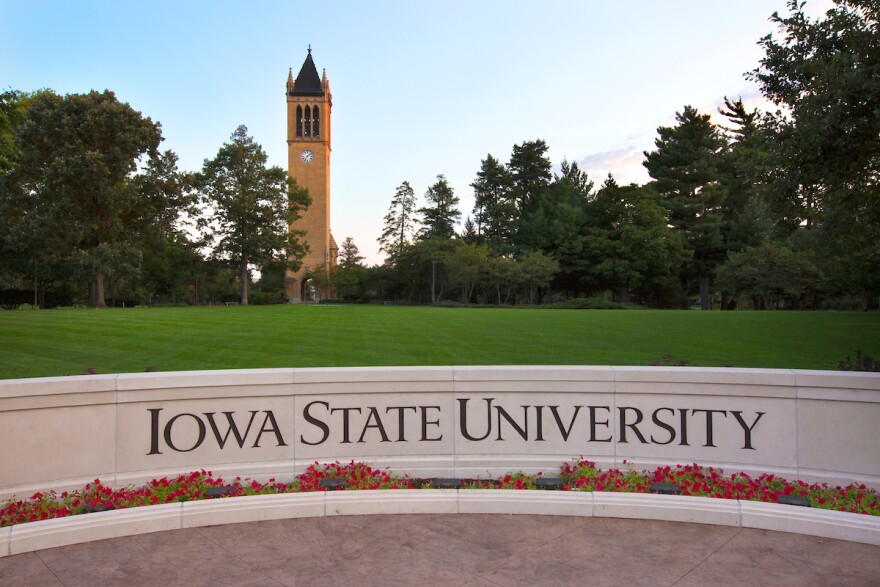Students at all three of Iowa’s state universities will see a tuition increase this upcoming school year.
The Board of Regents voted to raise tuition by 4.25% for undergraduate and graduate residents alike at University of Iowa, Iowa State University and University of Northern Iowa. The decision comes as the state universities have seen a steady decline in funding over the past two decades.
This legislative session, the board requested that the state increase regent university funding by $15 million. Rather, the state legislature allocated one-third of the amount requested, adding an additional $5 million dollars to the universities’ funding.
The 1.17% percent increase in funds was a contrast to recent years of a stagnant or declining budget. In fiscal year 2021, the state lost around $7 million in state appropriations. The subsequent year, the legislature opted to flat-fund the budget rather than meet the regents’ request for nearly $18 million.
Now, the universities are still struggling to address rising inflationary costs, according to documents outlining the tuition increase. The tuition hike is needed “in order to maintain the quality of education Iowans expect,” the document reads.

Iowa State University student body president Jacob Ludwig said he believes the lack of state funding has forced this decision. The senior majoring in political science and economics said he’s most concerned with how it will impact low-income students.
“I know a lot of students out there that are working 30 or 40 hours a week on top of trying to be a student and every cent matters,” he said. “We can't just keep passing the cost on to students year over year.”
Tuition increases vary between academic institutions, but all state university students will be paying at least an additional $300 in tuition.
Riley Post, University of Iowa’s vice president of graduate student government, said he believes the $443 increase for graduate students at UI will limit the diversity of students it attracts.
“Something's got to give,” Post said. “Especially now with interest rates rising on student loans, it's going to make it a very difficult decision for a lot of people as to whether or not they decide to go on and get a post graduate education.”
Post said he’s concerned about the economic burden of higher education shifting from the state to students. The state allocation of funds today is $20 million less than it was in 1999, not adjusting for inflation, according to the Iowa Capital Dispatch.
The board also voted to increase student fees, as proposed by the universities. Iowa State University will see the largest rise in fees at $145. All three universities point to the increased fees as a means to address a higher demand for health and mental health services.
Increased costs for students by university
University of Iowa undergraduate resident and non-resident students will pay $355 more in tuition for the 2022-2023 school year. The upcoming year’s total cost of attendance, including room and board, is $26,686 for undergraduate resident students – a $1,152 increase from last year.
Graduate resident and non-resident students will pay an additional $443 in tuition.
Iowa State University undergraduate resident students will pay $354 more in tuition, while nonresident students will pay an additional $1,026. The total cost of attendance, including room and board, is $23,470 for undergraduate resident students – a $1,319 increase from last year.
Graduate resident students will pay an additional $432 in tuition. Non-resident students will see an increase of $1,092.
University of Northern Iowa undergraduate resident students will pay $331 more in tuition, while non-residents will pay an additional $785. The total cost of attendance, including room and board, is $21,988 – a $579 increase from last year.
Graduate resident students will pay an additional $395 in tuition. Non-resident students will see an increase of $846.





